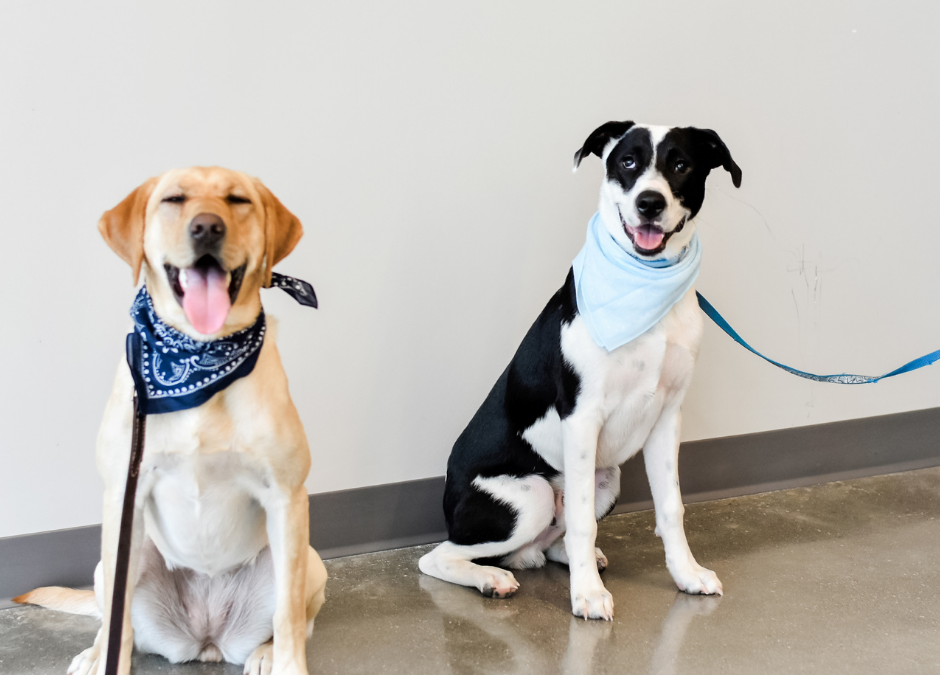As veterinary professionals, you know and recognize the importance of completing thorough wellness exams. However, at times even the most well-intentioned pet parents don’t recognize the importance of this care. Physical exams, or wellness exams, should be performed on at least an annual basis. Depending on the patient’s history and any current medical conditions, it may be recommended that a wellness exam and bloodwork be completed on a more frequent basis.
Through clearly identifying and addressing the reasons your clients may skip or fail to schedule their wellness exams, you and your veterinary clinic team is better able to increase compliance, and the clinic’s financial revenue.
Reason: Owners are unable to afford proper veterinary care.
Many first time pet owners are surprised at the price tag associated with their new best friend. Between food, grooming, veterinary visits, and flea, tick, and heartworm preventatives – the cost can quickly add up. Additionally, due to the pandemic, many individuals are currently seeking employment, or working fewer hours than prior to COVID.
To help combat this trend, share information on the actual cost of pet ownership on your clinic social media and website. Additionally, it may be helpful to encourage your local animal shelter to share this information with potential adopters as well. Secondly, become familiar with a few pet insurance brands. While the current pet insurance climate requires owners to submit all the paperwork, minimizing the expense and effort on veterinarians, it is still a good idea to pass information on to owners. However, please note that most insurance companies do not cover routine preventative care, but rather are more likely to cover the unplanned expenses.
Discuss within your clinic if it would be possible to develop payment plans for owners. With this type of an approach, it better allows owners to budget out their pet’s wellness exam and preventative care, making the cost more manageable. Additionally, with this system, clinics may choose to bundle several aspects of preventative care such as wellness exam, vaccines, and flea/ tick and heartworm preventative into affordable monthly payments.
Reason: Owners forget to schedule appointments.
Despite reminder emails, phone calls, or postcards, some owners will always forget (or intentionally choose not) to schedule their pet’s annual wellness examination. There are many possible reasons for this. First, if the pet is not due for a vaccine, they may not recognize the importance of this check-up visit. Secondly, there may be a barrier between wanting to schedule the appointment and finding the time to do so. If your clinic requires appointments be made via the phone, clients that work during the day may be unable to step away for a quick call. To help break down this barrier, consider allowing appointments to be scheduled online, or via an app. These web tools will also often help with other office tasks such as sending out reminder emails. Finally, the phone lines at veterinary clinics are busier than ever before as many clinics have implemented curbside service. This may hinder pet parents from reaching the front desk to schedule appointments. To remedy this, consider adding additional phone lines or sending appointment reminders via text or email rather than phone calls.
Reason: Owners are unable to take off work for the appointment
A final barrier veterinary clinics should consider when analyzing why clients fail to schedule a wellness exam, is that their clinic hours may conflict with a client’s work schedule. To help analyze this, discuss with the front desk staff to see which appointment times are in the highest demand. If most clients are looking for weekend or evening times, it may be necessary to increase staffing during these times, which would allow for a higher number of appointments to be scheduled. An alternative would be to offer drop-off appointments. This would allow pet parents to drop off their pet prior to work, then the veterinarian can complete the exam and administer vaccinations (owner approval would be needed ahead of time, or received via a phone call) during the day. The owner can then pick up their pet and discuss any findings with the vet over their lunch break or after work.

